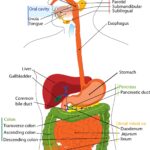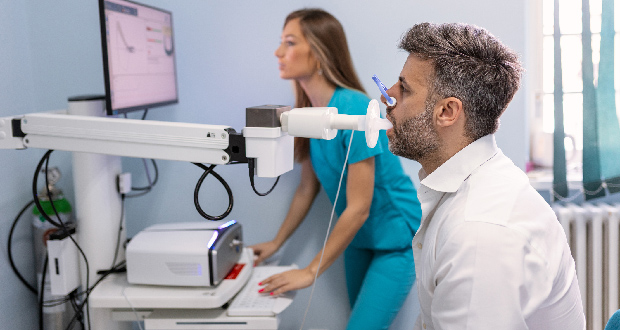Asthma Society joins global call to raise awareness among healthcare professionals of disease risks
Almost one-in-four asthma patients and their carers believe that healthcare providers do not take asthma seriously, according to new research.
A survey by the Asthma Society of Ireland also found that more than half (51 per cent) of respondents said that they or their child has had an asthma attack in the last year, while 24 per cent had an attack within the past month.
The same proportion of asthma patients said that they use their reliever or rescue inhaler at least once daily, while 43 per cent of people surveyed had taken steroid tablets at least twice in the past year. One fifth (20 per cent) said they had taken them more than three times in this period.
Almost three-in-four (74 per cent) said their or their child’s sleep had been disturbed by asthma in the last 12 months.
Results from the survey of 1,250 asthma patients and carers were released to mark World Asthma Day which takes place today.
“Our findings released today indicate a high prevalence of potentially uncontrolled asthma in the Irish asthma population,” said Prof Marcus Butler, consultant respiratory physician at St Vincent’s Hospital and medical director of the Asthma Society.
“Asthma is a chronic condition, but there is no room for complacency – managing asthma requires a combined effort, and we, as healthcare professionals, have an important role to play. This is why education by and for healthcare professionals is crucial – we need to keep up to date with the latest clinical guidelines and ensure our patients have the required support, information, and treatment.”
The Asthma Society has joined the global call on healthcare professionals, led by the Global Initiative for Asthma (GINA), to increase their awareness of the continuing avoidable morbidity and mortality from asthma.
According to CSO figures, 81 asthma deaths were registered in Ireland in 2022. The majority of asthma deaths are believed to be preventable. The Society believes that key issues in care persist, including missed or mis-diagnoses, underuse of anti-inflammatory inhaled corticosteroid inhalers, over-reliance on short-acting beta2–agonist (SABA) inhalers and oral corticosteroids, and poor recognition of patients requiring specialist assessment and further management.
“Adherence to asthma medications is only about 30 per cent,” Prof Butler added. “This is due to a number of factors including cost and a lack of education about their uses, correct mode of delivery and potential side effects. Up-to-date knowledge of the various asthma treatments is crucial for healthcare professionals and patients to support shared decision making.
“Through our regular webinars featuring expert speakers, our asthma management resources, and our free nurse-led patient services, the Asthma Society empowers patients, carers and healthcare professionals through education.
“All of its supports and services are governed by its medical advisory group, of which I am a member. I’d recommend referring asthma patients to these services via our e-referral system for self-management support between consultations.”
The charity has also launched a new campaign to empower people with asthma to recognise the signs and symptoms of uncontrolled asthma and know when to seek medical help. Its CEO Eilis Ní Chaithnía called for patients to speak to their healthcare provider for an initial or updated assessment and urged healthcare professionals to reexamine their treatment protocols for patients.
“Asthma is a complex disease that can be challenging to manage effectively,” she said. Patients need confidence in their diagnosis, treatment and their healthcare professional. While patient education and professional education in asthma are time consuming in an already overburdened healthcare service, they are integral to achieving optimal quality of life and health outcomes.”










